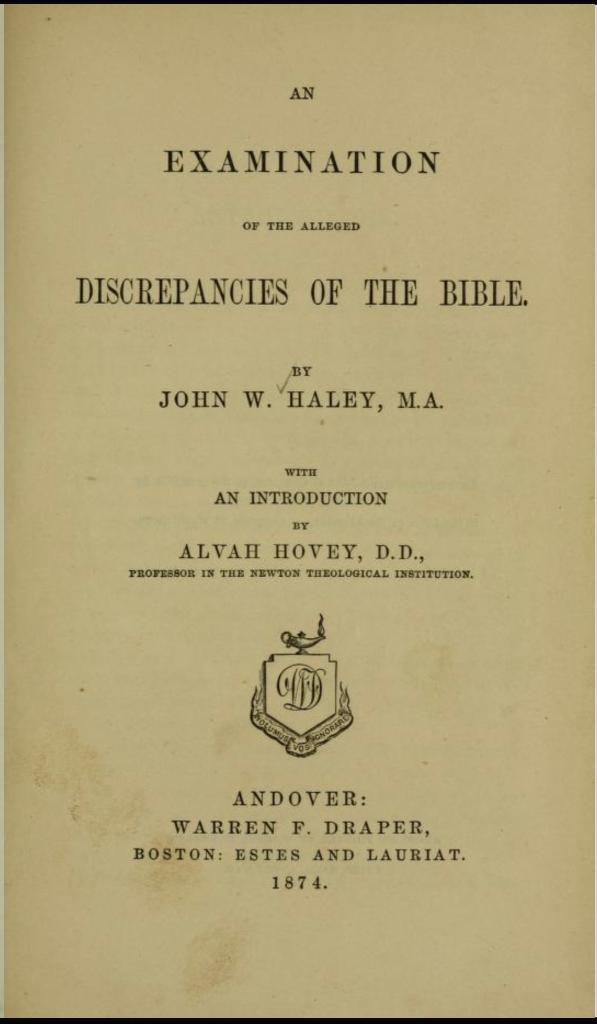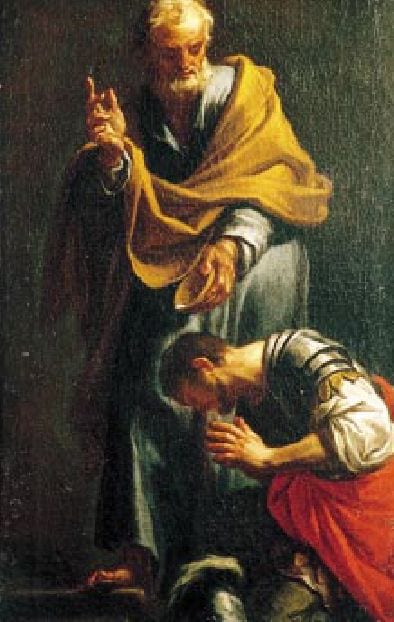I recently read Penn law professor David Skeel’s remarkable apologetics book True Paradox: How Christianity Makes Sense of Our Complex World. I have to admit to ambivalent feelings about a lot of Christian apologetics, which often seems likely only to confirm Christians’ faith rather than engaging seriously with the work of Christianity’s critics. I found Skeel a refreshing change, then, as his book not only surveys the thought of key materialist writers such as Steven Pinker and Christopher Hitchens, but calmly shows how Christianity helps to answer some of the most pressing deficiencies of materialist thought. Most importantly, one gets the sense that Skeel, as an Ivy League law professor, is routinely and winsomely engaging his own non-Christian friends in discussions about faith, and that the book is partly the fruit of those  relationships.
relationships.
Skeel’s work is both philosophically weighty and engagingly brief (at 160 pages, I read it in one afternoon). The essence of his case for Christianity (or at least monotheism) is that humans seem inexorably drawn to normative ideas about truth, beauty, and justice, all of which are better explained by a created order than by random materialistic chaos. As a lawyer, he especially notes how people – reformers, activists, and politicians – seem unable to get away from normative ideas of justice, and seek to implement just systems. Paradoxically (one of a number of paradoxes he notes), we have a strong sense of justice and yet seem unable to manifest and or even approximate justice in most societies. This speaks to our innate notions of morality and fairness, yet highlights our inability to overcome the debilitating effects of sin and the Fall.
Probably the most powerful chapter in the book is that on suffering, which deals at length with the story of his deceased friend and legal scholar Bill Stuntz, who spent the last years of his life coping with terrible back pain and then colon cancer. Skeel refreshingly admits that the problems of evil and suffering are perhaps the most powerful ones against the existence of a good God. Whether God causes those things directly or not, He created a world in which He knew evil could enter, which to critics would seem to make Him the author of evil. But Skeel patiently notes that in Christianity, God Himself does not immediately fix or explain evil, but He enters into our world of pain and suffering, especially by the death of Christ on the cross. Christianity offers no glib answers about suffering and evil, only the promise that God knows and understands, and that one day He will set everything right.
Skeel’s apologetics do perform a service for Christians, of course, as I walked away with greater assurance that my faith really is philosophically satisfying in the face of the toughest questions. But I hope, as Skeel (an elder at Philadelphia’s Tenth Presbyterian Church) hopes, that non-Christians will read this book, too. If they don’t find certainty, those with eyes to see and ears to hear will at least realize that Christianity has coherent, powerful answers to many of humanity’s enduring conundrums.
Friends, you can sign up here for my Thomas S. Kidd author newsletter. Each newsletter will update you on what’s happening in the world of American religious and political history, and current events. It will contain unique material available only to subscribers, and each will help you keep up with my blog posts, books, and other writings from around the web. [Your e-mail information will never be shared.] Thanks!












